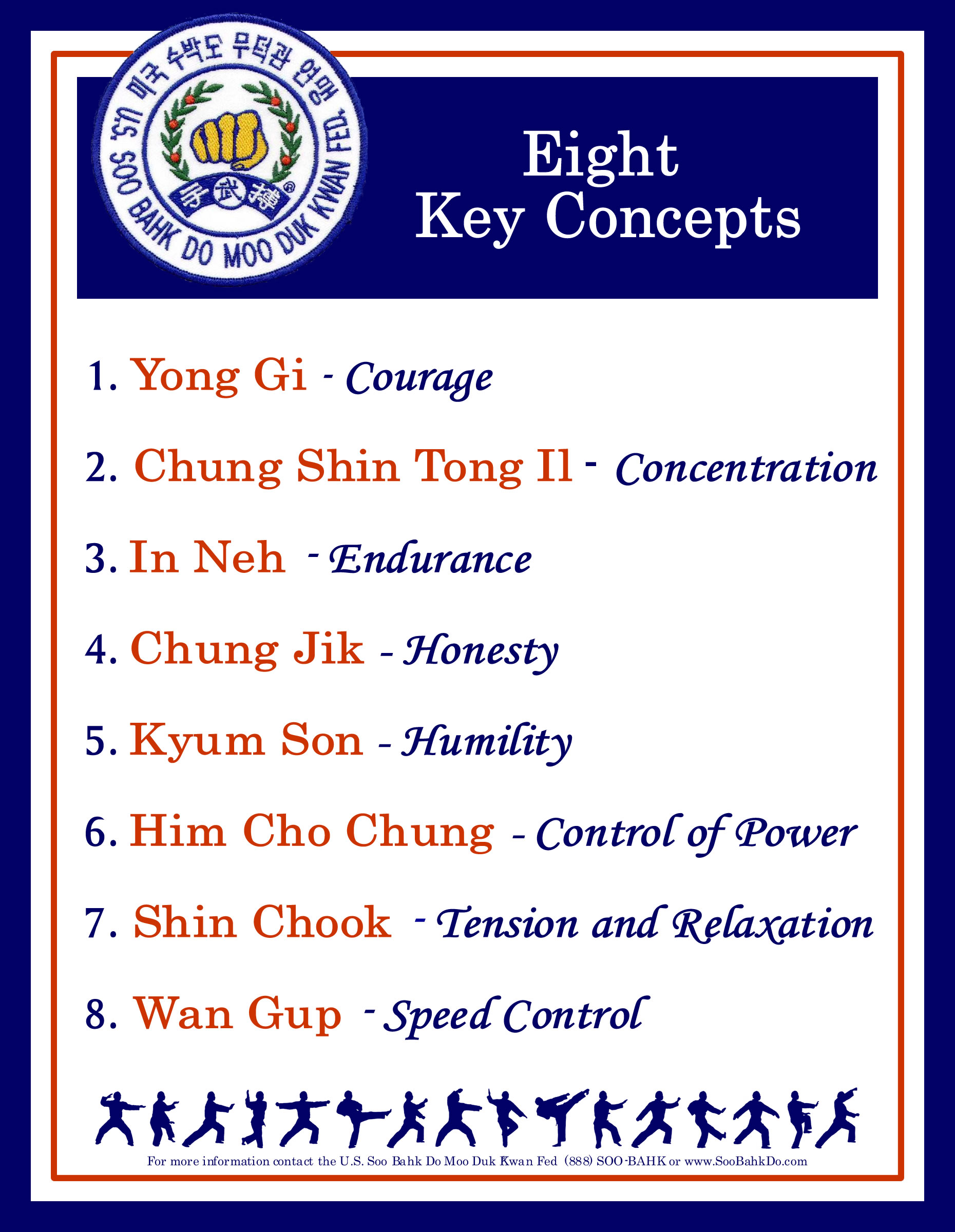How my Karate Black Belt Training Helps in Sex
/At age 39, I became a Soo Bahk Do (Korean karate) practitioner. I’d played sports my whole life although never had an interest in martial arts. But when my boyfriend at the time was really enjoying his classes at a neighborhood dojang, I gave it a try. Surprisingly, I liked it!
Going into a new space at age 39 felt awkward enough, but they also used Korean terms, made loud guttural noises, and had an expectation around deference and discipline that was uncomfortable to me. I felt clueless about a lot. Gratefully this is expected and supported at the lower levels, and gradually increases in intensity over the years.
There was one expectation, though, that far exceeded the rest for me regarding cluelessness, and it was a specific requirement for Cho Dan (1st degree black belt) testing—THE BREAK. I was expected to perform a jump spinning back kick and break a board with my heel. WTF? Break a board? I’ve never broken anything. Not on purpose, at least. Even after several years of training, board breaks were never part of class. But several months before the testing date, we were required to participate in a pre-test day, to assess our skills and knowledge. After a couple hours of training and pre-testing, it was time to demonstrate our breaks. Standing at the end of the line, I watched one-by-one as my fellow practitioners took their turns.
The teenage boy broke the board on his first try. My ex-boyfriend broke it, with ease, on his second try. An older woman tried multiple times, and eventually broke her board. A petite teen girl even broke her board. I probably had at least 70 pounds on her.
As I stood in line watching, I was shaking and near tears. I’m good at challenges. I like to try new things. But this felt *completely* different. I felt totally out of my element and strengths. It was physically and emotionally terrifying.
When it was finally my turn, I flailed about and missed the board. I tried again, and kicked the hands of my fellow practitioners holding the wood. In my next attempt, my foot struck the board but didn’t break it. Then I just missed it several more times. My memory is kind of fuzzy after that. I know we stopped for a rest, although I was to return and try again. Everyone else had broken their boards. It sucked. I did not know how to make my body do what it was supposed to do.
So I took a deep breath and checked into my emotional state: embarrassment, shame, confusion, fear. My heart was pounding and I felt a prickly anxiety in my chest and solar plexus. I considered, what I was really afraid of happening? While I was afraid of hurting my foot, the much greater fear was appearing foolish and being the only person, adult or child, who couldn’t break the board.
Part of the philosophy behind Soo Bahk Do is the Eight Key Concepts. A framed reminder of these hangs in our dojang. At that moment I looked to the frame, and specifically stared at the 5th concept: kyum son. Humility. While breaking a board is part of being a Soo Bahk Do practitioner and earning a black belt, so is humility. And boy was I feeling the slow, warm burn of humility all over my body.
“OK. You might not break the board today,” I thought to myself. “Can you be OK with that, Gunsaullus?”
YES. I didn’t like it, but I could be OK with it. It would be uncomfortable if I failed, but having the courage to genuinely do my best and accept myself regardless of results, was far more important. After several more attempts, and receiving and integrating feedback based on how my body was moving, I finally broke the board. Three months later at black belt testing, where we were only allowed 3 tries, I broke it on my second attempt. The reminder that humility is part of our philosophy made all the difference.
How is this related to sex, intimacy, and my work as a sex coach and speaker? Trying new things with sex requires So. Much. Humility. You have to be wiling to look foolish to your partner. You have to be OK with not knowing what you’re doing. You have to embrace flailing about and feeling awkward. This is particularly difficult in the sexual realm, because you don’t want to feel judged, shamed, or ridiculed. It’s hard to not feel good at sex.
So it takes courage. It takes courage to admit that there are things you don’t know, and it takes courage to be creative and willing to try those new things. It takes a deep inner strength to hear feedback about how you could do something differently or better sexually. This isn’t a lack of feeling fear, but a conscious choice that improving your intimacy and partnership is more important than the discomfort of your fear. It’s the awareness that you might fail, but will still be OK.
So I ask you to consider, can you include humility as part of your sexual growth philosophy?
Dr. Jenn Gunsaullus -- San Diego Sexologist, Sexuality Speaker, Sociologist



































